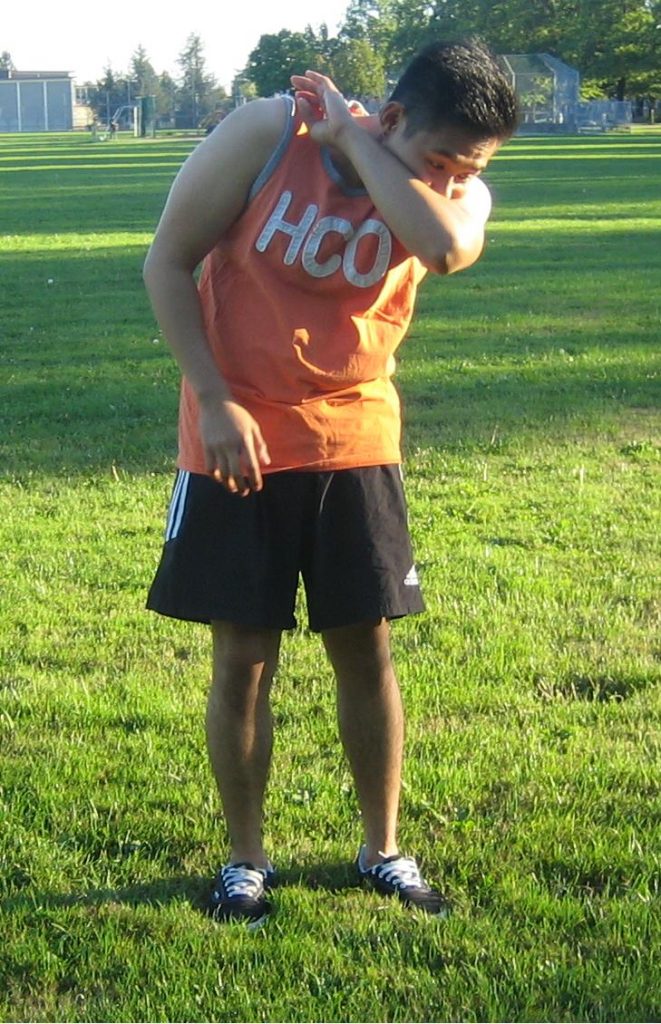A temporomandibular joint syndrome is a disorder of the muscles of the jaw and nerve caused by inflammation or injuries to the temporomandibular joint. Generally, it is the joint that attaches the jawbone and the skull. It causes pain when chewing, crackling, clicking and popping the jaw.
Risk factors for temporomandibular joint syndrome
- Women 18-44 years of age
- Poor posture in the neck and upper back muscle can result to strain in the neck and abnormal function of the jaw muscles
- Stress causes increase muscle tension and jaw clenching
- Chronic inflammatory arthritis
- Trauma to the jaw or poor positioning of the teeth
- Genetic predisposition to pain sensitivity and severe stress responses
Pain that feels like a toothache.
Causes
- Microtrauma and macrotrauma
- Osteoarthritis caused by breakdown of the joint or degeneration or the wear and tear due to normal aging.
- Rheumatoid arthritis cause inflammation of the joints and affects the temporomandibular joints. It damages the cartilage; erode bones and eventually deformity of the joint.
- Poor posture
- Orthodontic braces
- Stress and anxiety
- Excessive chewing gum
Symptoms
- At first, pain that feels like a toothache
- Pain and tenderness in the joint of the jaw
- Popping and clicking sound of the jaw
- Cracking sound in the ear
- Ringing or popping sound in the ears or tinnitus
- Headaches and migraines
- Mouth, jaw, cheek pain or tingling or numbness of the chin
- Blurred vision
- Muscle spasms of the jaw
- Difficulty chewing
- Pain at the bottom of the tongue
- In addition, locking or dislocation of the jaw or lockjaw
- Dizziness or vertigo
- Lastly, shoulder pain
Treatment
- At first, apply moist heat using heat pack or hot water bottle to lessen the stiffness of the joint and muscle spasms. Wrap heat in a warm and moist towel before placing to the area to prevent burning the skin and worsen the condition.
- Apply ice on the area to lessen the inflammation, lessen the pain and for fast healing of the condition. put some ice in a plastic bag and wrap it in a towel before placing to the area for at least 10-15 minutes, 3-4 times every day.
- Avoid hard, crunchy and chewy foods; just eat soft or blended foods to rest the jaw temporarily.
- In addition, over-the-counter anti-inflammatory medications to lessen the discomforts and pain.
- Seek the help of the physical therapist for some rehabilitation exercises to restore flexibility and strength and range of movement of the affected jaw.
- Lastly, perform some relaxation techniques such as yoga and meditation to lessen stress.
FACT CHECK
https://www.webmd.com/oral-health/guide/temporomandibular-disorders-tmd#1
https://en.wikipedia.org/wiki/Temporomandibular_joint_dysfunction
https://www.mayoclinic.org/diseases-conditions/tmj/symptoms-causes/syc-20350941

